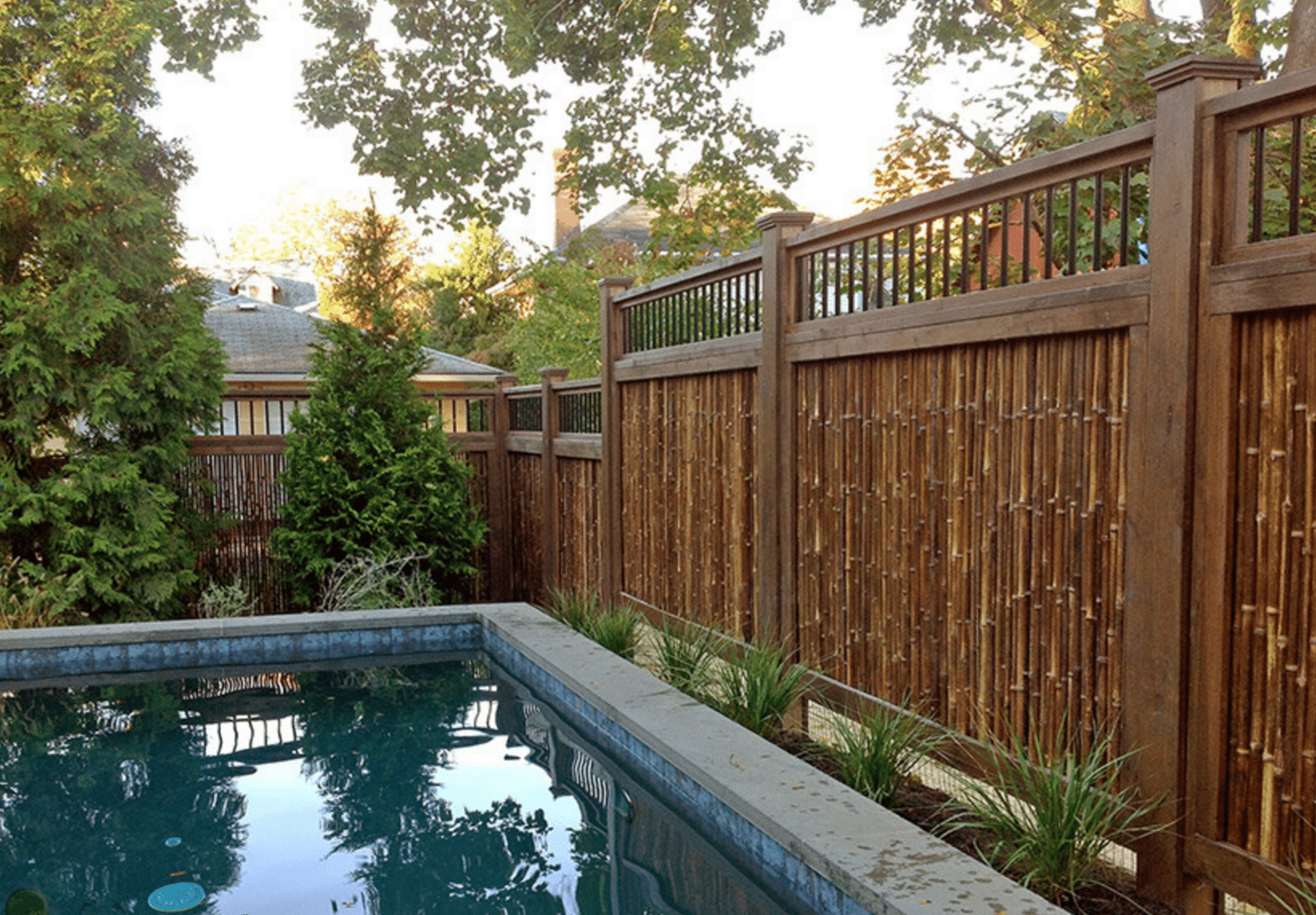All Categories
Featured

Selecting the best fencing product for your building is a choice that balances aesthetics, capability, and budget. Among the most popular options, wood, plastic, and aluminum each deal distinct advantages and disadvantages. Comprehending these can assist you make an educated choice that aligns with your demands. Here's a breakdown of the advantages and disadvantages of these three typical secure fencing materials.
Timber Fence. Wood fencing has actually been a classic choice for home owners because of its natural elegance and versatility.
Pros:. Visual Charm: Timber supplies a classic and warm look that matches a selection of building designs. Customizable: It can be repainted, tarnished, or reduce into one-of-a-kind designs to suit individual choices. Affordable: Originally, timber fencing can be an inexpensive option contrasted to various other materials. Eco-Friendly: Wood is a renewable source and can be sustainably sourced. Cons:. High Upkeep: Wood requires regular securing, staining, or paint to stop rot, insect damage, and weathering. Durability Problems: Without proper care, timber can warp, split, or decay in time, especially in areas with high humidity. Shorter Life expectancy: A timber fencing generally lasts 10-20 years, depending on the kind of wood and level of maintenance. Timber is excellent for those that value a traditional look and are eager to commit to its maintenance.
Plastic Secure Fencing. Vinyl is a modern-day, low-maintenance secure fencing option that has actually expanded in popularity in recent years.

Pros:. Low Upkeep: Plastic does not require paint, staining, or securing and can be conveniently cleaned up with soap and water. Weather Resistant: It withstands harsh weather without decaying, rusting, or bending. Resilient: Vinyl fences can last 20-30 years with marginal maintenance. Variety of Styles: Available in lots of shades, designs, and appearances, some vinyl alternatives imitate the look of timber. Cons:. Greater Upfront Price: Plastic fencing can be a lot more pricey at first contrasted to timber. Brittleness in Winter: In extreme cold, plastic might break or end up being brittle. Limited Fixes: Private panels can be tough to change, needing mindful matching to the existing fencing. Vinyl is finest matched for home owners seeking a durable, low-maintenance option with contemporary appearances.
Aluminum Fencing. Light weight aluminum secure fencing is a light-weight and long lasting choice, usually picked for its modern appearance and convenience.
Pros:. Rust-Resistant: Light weight aluminum doesn't corrosion, making it an outstanding selection for damp or humid climates. Reduced Maintenance: Requires marginal maintenance and is simple to clean. Durable: While light-weight, light weight aluminum is solid enough to stand up to many ecological conditions. Long Lifespan: Can last a number of decades without considerable wear or deterioration. Selection of Styles: Supplies a smooth and elegant look, commonly utilized for decorative or decorative purposes. Disadvantages:. Higher Expense: The initial financial investment for aluminum secure fencing is greater than timber or plastic. Less Personal privacy: Light weight aluminum fencings are commonly designed with open pickets, making them less efficient for privacy. Prone to Dents: Although long lasting, light weight aluminum can be nicked by solid influences. Light weight aluminum is ideal for those seeking a trendy, lasting option that requires minimal care.
Making the Right Selection. Each fence product-- light weight aluminum, wood, and plastic-- uses unique benefits and downsides. Your decision should depend on your details priorities, such as spending plan, upkeep preferences, climate, and visual goals:
If you like a typical appearance and do not mind routine maintenance,Select timber. Choose vinyl if you want a low-maintenance, weather-resistant fence with modern-day allure. Choose aluminum if you prioritize toughness, corrosion resistance, and a streamlined layout. By evaluating these benefits and drawbacks, you can choose a fencing product that improves your residential or commercial property while satisfying your practical demands.
Latest Posts
NAPA AutoCare Certified: Count on Montclare Auto Repair for Excellence
Published Apr 22, 25
2 min read
Montclare Auto Repair: Your Local Specialist for Dependable Repair Solutions
Published Apr 22, 25
2 min read
Accomplish Your Economic Desires with WyHy's Wealth Administration Solutions
Published Apr 21, 25
1 min read
More
Latest Posts
NAPA AutoCare Certified: Count on Montclare Auto Repair for Excellence
Published Apr 22, 25
2 min read
Montclare Auto Repair: Your Local Specialist for Dependable Repair Solutions
Published Apr 22, 25
2 min read
Accomplish Your Economic Desires with WyHy's Wealth Administration Solutions
Published Apr 21, 25
1 min read